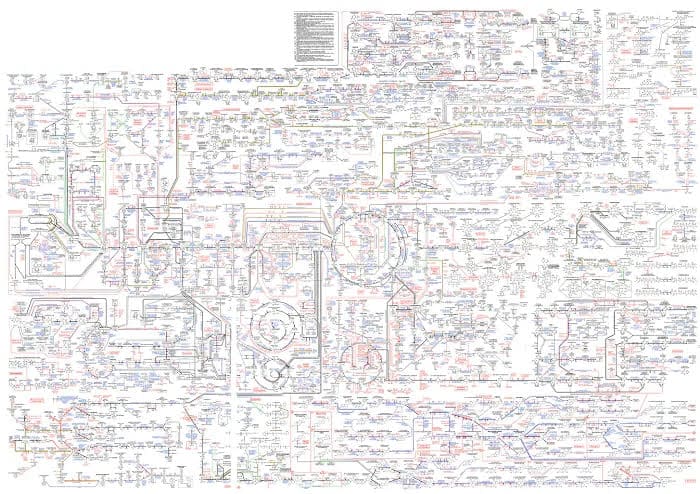
 LessWrong (Curated & Popular)
LessWrong (Curated & Popular) “Why you should eat meat - even if you hate factory farming” by KatWoods
15 snips
Sep 26, 2025 A passionate advocate challenges the vegan lifestyle, arguing that it can be unhealthy. Strategies for reducing animal suffering in meat consumption are shared, including choosing sustainable sources like mussels and wild fish. KatWoods highlights studies suggesting vegan diets may increase risks of depression and cognitive decline. She emphasizes the importance of personal health for effectively helping others, advocating for welfare-optimized eating practices. This thought-provoking discussion questions common assumptions about diet and ethics.
AI Snips
Chapters
Books
Transcript
Episode notes
Choose Lower-Suffering Animal Foods
- Favor mussels, oysters, wild-caught fish, and high-welfare cattle as lower-suffering animal foods.
- Avoid factory-farmed pigs, chickens, and farmed fish and seek pasture-raised or trusted brands for eggs.
Prefer High-Welfare Eggs Or Offset Harm
- Look for pasture-raised, no beak-trimming eggs or keep your own hens if possible to ensure higher welfare.
- Consider donating to animal welfare charities to offset remaining animal suffering you cause.
Eliminating Major Foods Carries Epistemic Risk
- Veganism probably creates measurable nutritional gaps that are hard to fully replace in practice.
- Nutrition science is messy and uncertain, so eliminating major food groups carries epistemic risks.




